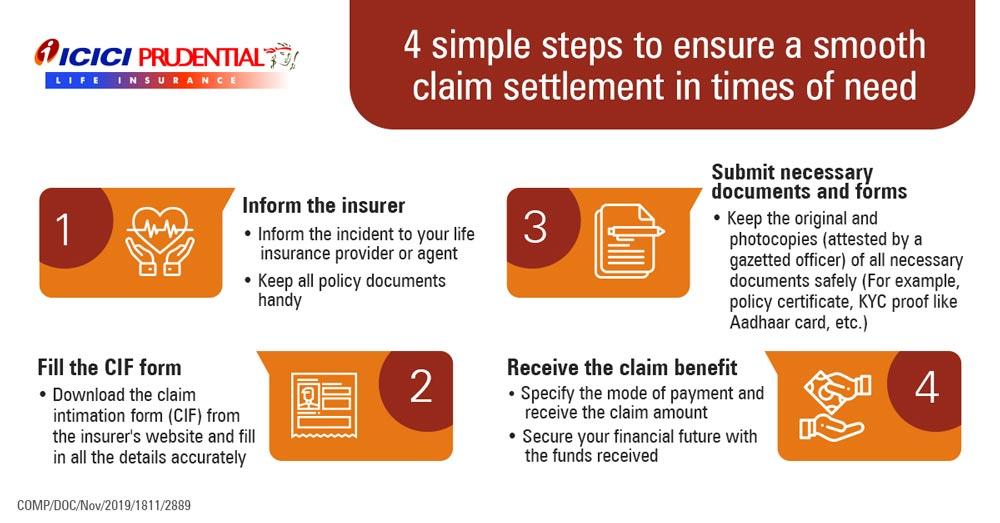In the age of digital transformation, IP address management has become a critical concern for businesses and organizations. IPv4, despite its limited address space, remains widely used. To cope with the scarcity of IPv4 addresses, many organizations turn to leasing as a viable solution. However, lease ipv4 addresses introduces several network security considerations that must be carefully managed to protect the integrity and functionality of networks. This blog explores the intersection of IPv4 lease arrangements and network security, offering insights into best practices and potential pitfalls.
Understanding IPv4 Lease
An IPv4 lease involves the temporary allocation of IPv4 addresses from one organization to another. This arrangement allows businesses to meet their IP address requirements without committing to long-term purchases. The flexibility of leasing IPv4 addresses makes it an attractive option for companies facing fluctuating demands for IP resources.
Security Implications of IPv4 Lease
While leasing IPv4 addresses provides significant advantages, it also raises several security concerns. Organizations must be vigilant about these issues to ensure that their networks remain secure and their leased addresses are used appropriately.
Potential Security Risks
1. Malicious Use of Leased Addresses
One of the primary security concerns with ipv4 lease is the potential for leased addresses to be used for malicious activities. Cybercriminals may lease IPv4 addresses to conduct attacks, distribute malware, or engage in other illicit activities. This can damage the reputation of the lessor and lead to legal complications.
2. IP Address Conflicts
IP address conflicts occur when multiple devices on the same network are assigned the same IP address. These conflicts can disrupt network services and lead to downtime. Proper monitoring and management of leased IPv4 addresses are crucial to preventing such conflicts.
3. Lack of Control
When leasing IPv4 addresses, organizations may have limited control over how those addresses are used. This lack of control can make it challenging to enforce security policies and ensure compliance with internal standards and regulations.
Best Practices for Secure IPv4 Lease
To mitigate the security risks associated with IPv4 lease, organizations should adopt the following best practices:
1. Thorough Vetting of Lessees
Before entering into an IPv4 lease agreement, organizations should thoroughly vet potential lessees. This involves conducting background checks, verifying business credentials, and assessing the lessee’s reputation. Ensuring that the lessee has a legitimate need for IPv4 addresses and a solid track record can reduce the risk of malicious use.
2. Clear Lease Agreements
A well-defined lease agreement is essential for maintaining security. The agreement should outline the terms of use, including acceptable usage policies, security requirements, and compliance obligations. Clear terms help set expectations and provide a framework for addressing any security issues that may arise.
3. Monitoring and Logging
Continuous monitoring of leased IPv4 addresses is critical for detecting and responding to security threats. Organizations should implement robust monitoring tools that track address usage, detect anomalies, and generate alerts for suspicious activities. Logging all activities associated with leased addresses provides a valuable audit trail for investigating incidents.
4. IP Address Management Solutions
Utilizing advanced IP address management (IPAM) solutions can enhance the security of IPv4 lease arrangements. IPAM tools automate the process of assigning, tracking, and managing IP addresses, reducing the risk of conflicts and unauthorized usage. These solutions also provide visibility into the status of leased addresses, facilitating better control and oversight.
5. Regular Audits and Reviews
Regular audits and reviews of leased IPv4 addresses help ensure compliance with lease terms and identify potential security issues. Audits should verify that lessees are adhering to acceptable usage policies and that there are no signs of misuse or malicious activities.
The Role of IPv4 Brokers in Enhancing Security
IPv4 brokers play a crucial role in facilitating lease agreements between lessors and lessees. Reputable brokers can enhance security by:
-
Conducting Due Diligence: Brokers can perform background checks and vetting processes to ensure that both parties are legitimate and trustworthy.
-
Providing Mediation Services: In case of disputes or security incidents, brokers can mediate between lessors and lessees to resolve issues efficiently.
-
Offering Secure Platforms: Many brokers provide secure platforms for managing lease agreements, including tools for monitoring and reporting on address usage.
Conclusion
The practice of leasing IPv4 addresses offers a practical solution to address the ongoing scarcity of IPv4 resources. However, it also introduces several network security considerations that organizations must address to protect their networks and data. By adopting best practices such as thorough vetting, clear lease agreements, continuous monitoring, and leveraging IPAM solutions, businesses can mitigate the risks associated with IPv4 lease arrangements.
As the digital landscape continues to evolve, the importance of balancing the benefits of IPv4 leasing with robust security measures cannot be overstated. By staying vigilant and proactive, organizations can ensure that their leased IPv4 addresses,Buy IPv4 Addresses are used securely and responsibly, safeguarding their network infrastructure and maintaining trust in their digital operations.






